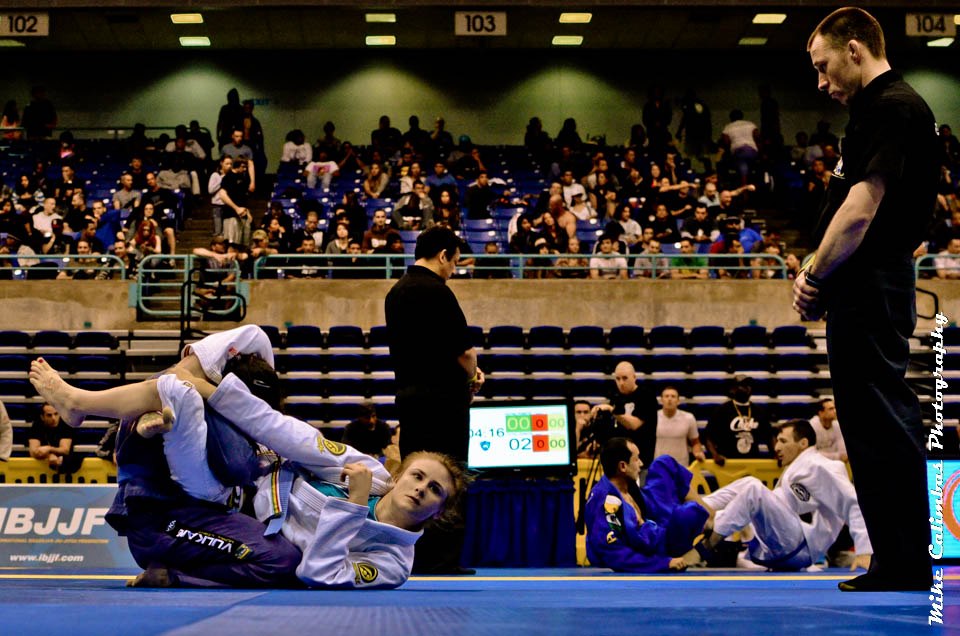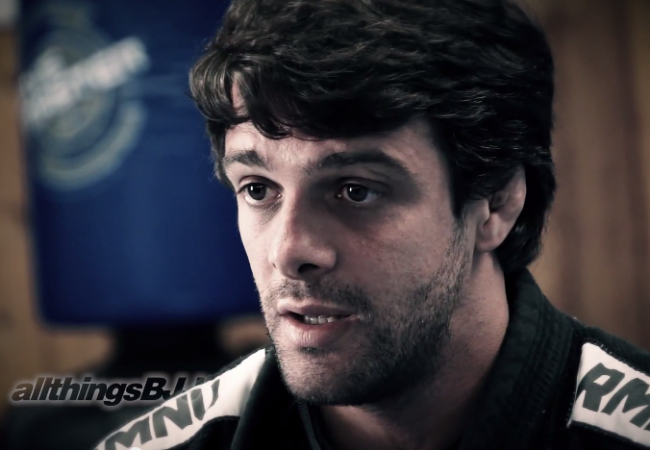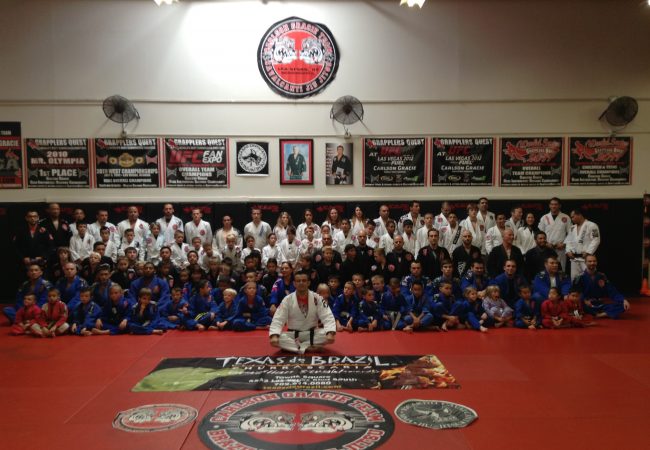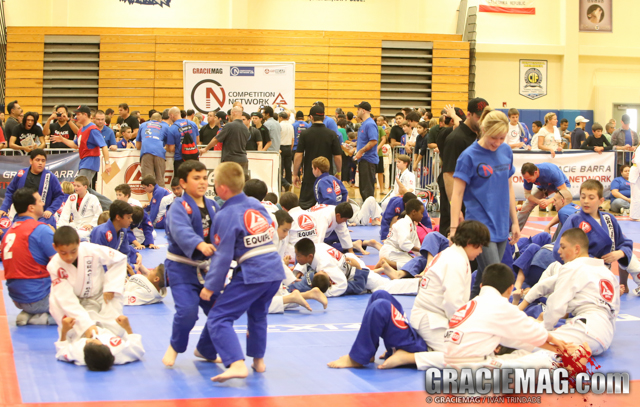If you had told me that ADHD was the cause of all my spontaneous and inconsistent behaviors, I’d agree with you. Saying, “I have ADHD” is so common these days that its meaning gets somewhat lost. Attention Deficit Hyperactivity Disorder or just the milder ADD (without the hyperactivity) is a disorder that does not merely come to you temporarily. It does not describe a silly moment, a lapse in memory, a day of freudian slips and absentmindedness. It is a disorder that can subtly affect your entire life and seep into adulthood without ever making you question your mental stability. By definition it is a disorder characterized by impulsivity, inattention and hyperactivity.
I was officially diagnosed with ADHD last month but it was last September when I sought out a professional that would help me determine the source of my ups and downs. The hyperactivity was decided once I asked for an official diagnosis to use as a way to gain disability resources at my college. I’m in my sixth year of college, not just because I took semesters off to find myself but because my motivation to finish had its severe ups and downs. I took other educational routes sometimes, and other times I just didn’t go because training Jiu-Jitsu and working was deemed more important at the time. Three declared majors and six years later I am finally at senior status with a graduation window that is within a reasonable timeframe.
I found Jiu-Jitsu when I was 20 and already two years into college. The day I started was the day I signed a two-year contract and committed myself. No other sports or hobbies ever stuck unless you counted Girl Scouts, but really, my motivation to sell cookies dwindled after the age of seven. I began competing after three months of training and today I compete regularly. Today, Jiu-Jitsu is my life as a journalist, a martial artist, a competitor.
The most important aspect of Jiu-Jitsu is its way of seeping into your life. It doesn’t take long for someone to choose training over a Saturday night at the bar, water over soda, paying for gis over a Starbucks addiction. Training automatically gives you goals with peers who are striving for goals within the same or similar agendas. Whether you compete or not, the art gives you a motivation to constantly strive to be better no matter the benchmark — pounds lost, rank achieved, position reached, submission accomplished.
These lessons are even more important for children, especially those with ADHD. In a study done in 2007, it was supported that martial arts helped kids aged 8-11 do better in school as shown by their homework completion. “Similar to practicing martial arts to become more skilled, the martial arts intervention participants would complete their homework more often because homework was looked at as a way to practice what they learned in school in an effort to become better at that subject,” says Lane G. Graham, Ph.D. “Drilling the same moves over and over becomes less redundant and boring and more of a skill-gaining exercise even noticeable to children often misunderstood as “unruly” and “rebellious.”
As a purple belt in Jiu-Jitsu, a college student and an individual immersed by the art, I can tell you that Jiu-Jitsu helped my ADHD. I can tell you that Jiu-Jitsu is the only one thing I’ve ever been able commit myself to purely by intrinsic motivations. If you know someone who could benefit from direction, purpose or even a lesson in goal-setting where support is given by a team of peers looking for the same thing, you can send them to a Jiu-Jitsu class.
Check the GMA directory for a school near you and I’m sure it will benefit you, ADHD or not.




